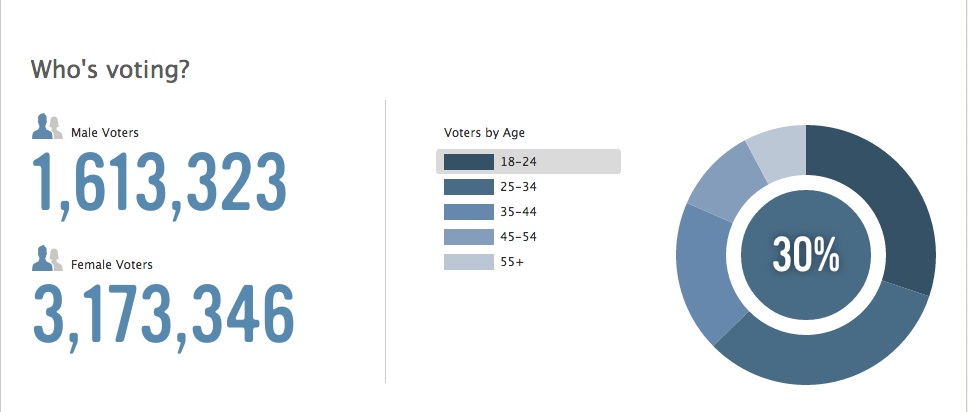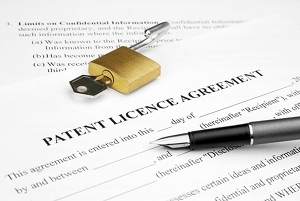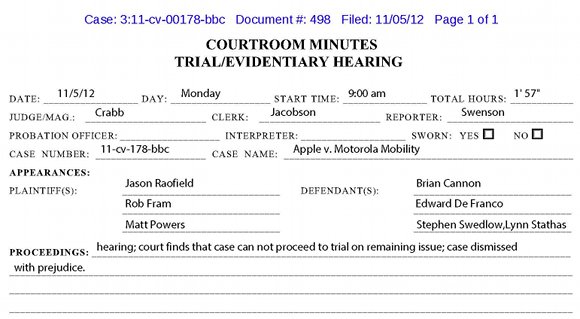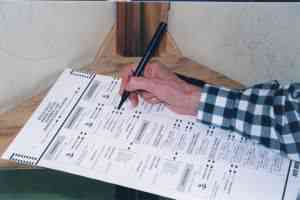 This past weekend, I attended the Black Tie Dinner in Dallas, Texas. The annual dinner is the nation’s single largest fundraiser for the lesbian, gay, bisexual, and transgender community. As a former summer intern for Lambda Legal—the nation’s oldest and largest national legal organization working to safeguard and advance the civil rights of LGBT individuals and those living with HIV—I wanted to be a part of this exciting event and contribute to the ongoing fight for equality for all Americans. The proceeds from this event were going to benefit Lambda Legal, the Human Rights Campaign Foundation, and nearly twenty other organizations committed to securing and protecting equal rights for LGBT Americans.
This past weekend, I attended the Black Tie Dinner in Dallas, Texas. The annual dinner is the nation’s single largest fundraiser for the lesbian, gay, bisexual, and transgender community. As a former summer intern for Lambda Legal—the nation’s oldest and largest national legal organization working to safeguard and advance the civil rights of LGBT individuals and those living with HIV—I wanted to be a part of this exciting event and contribute to the ongoing fight for equality for all Americans. The proceeds from this event were going to benefit Lambda Legal, the Human Rights Campaign Foundation, and nearly twenty other organizations committed to securing and protecting equal rights for LGBT Americans.
Although the nation’s eyes are focused on the presidential election tomorrow, some other key issues are also at stake. Voters in four states—Maine, Maryland, Minnesota, and Washington—will also be deciding whether to recognize equal rights of lesbian and gay couples in those states. The Supreme Court will likely be announcing soon which case challenging the constitutionality of the Defense of Marriage Act they will review, and the outcomes in these elections may very well influence the Court’s decision on that front.
As the election draws ever closer, we can make guesses and predictions, quote polls and cite studies, but in the end, all we can do is wait and see. Although there have been, and will be, setbacks along the way, I think the America I live in today is a better place than it was yesterday, thanks in no small part to organizations like Lambda Legal, HRC, the ACLU, and others who fight every day for “liberty and justice for all.”


 A federal court dismissed
A federal court dismissed 
 This past weekend, I attended the
This past weekend, I attended the  After three years, language-learning software company
After three years, language-learning software company  Paul Ceglia, the embattled Facebook, Inc.
Paul Ceglia, the embattled Facebook, Inc.  The Sixth Circuit granted Ohio a stay of the district court’s October 26 order granting a preliminary injunction that requires the state to count provisional ballots cast in the wrong polling place due to poll-worker error (wrong-place/wrong-precinct ballots) in the November election. The court previously affirmed an order that Ohio count right-place/wrong-precinct provisional ballots caused by poll-worker error. Plaintiffs failed to show strong likelihood of success on the merits of constitutional claims concerning wrong-place/wrong-precinct ballots. The salient feature of the right-place/ wrong-precinct problem was disenfranchisement, by worker error, of voters who arrive at the correct place, a situation caused by Ohio’s system of multi-precinct polling places. Though voters rely on workers to direct them to the proper precinct in the polling place, they are not as dependent in identifying their correct polling place. Ohio law requires officials to provide notice of where they are eligible to vote; information is easily accessible. There is sparse evidence of workers sending voters to the wrong polling location. The state has a legitimate interest in maintaining its precinct-based voting system; there is a strong public interest that militates against changing the rules during early voting. The injunction would interfere with orderly election administration and cause confusion among poll workers and voters.
The Sixth Circuit granted Ohio a stay of the district court’s October 26 order granting a preliminary injunction that requires the state to count provisional ballots cast in the wrong polling place due to poll-worker error (wrong-place/wrong-precinct ballots) in the November election. The court previously affirmed an order that Ohio count right-place/wrong-precinct provisional ballots caused by poll-worker error. Plaintiffs failed to show strong likelihood of success on the merits of constitutional claims concerning wrong-place/wrong-precinct ballots. The salient feature of the right-place/ wrong-precinct problem was disenfranchisement, by worker error, of voters who arrive at the correct place, a situation caused by Ohio’s system of multi-precinct polling places. Though voters rely on workers to direct them to the proper precinct in the polling place, they are not as dependent in identifying their correct polling place. Ohio law requires officials to provide notice of where they are eligible to vote; information is easily accessible. There is sparse evidence of workers sending voters to the wrong polling location. The state has a legitimate interest in maintaining its precinct-based voting system; there is a strong public interest that militates against changing the rules during early voting. The injunction would interfere with orderly election administration and cause confusion among poll workers and voters. A snippy apology is apparently not what the judges involved in Apple’s U.K. patent litigation over Samsung tablets ordered, according to
A snippy apology is apparently not what the judges involved in Apple’s U.K. patent litigation over Samsung tablets ordered, according to  Last week, on October 26, Kickflip, Inc. (doing business as, and hereinafter referred to as, Gambit)
Last week, on October 26, Kickflip, Inc. (doing business as, and hereinafter referred to as, Gambit)  On Monday, Apple filed an
On Monday, Apple filed an  Last Friday, Intercarrier Communications LLC (“ICC”), a Texas limited liability company, filed
Last Friday, Intercarrier Communications LLC (“ICC”), a Texas limited liability company, filed